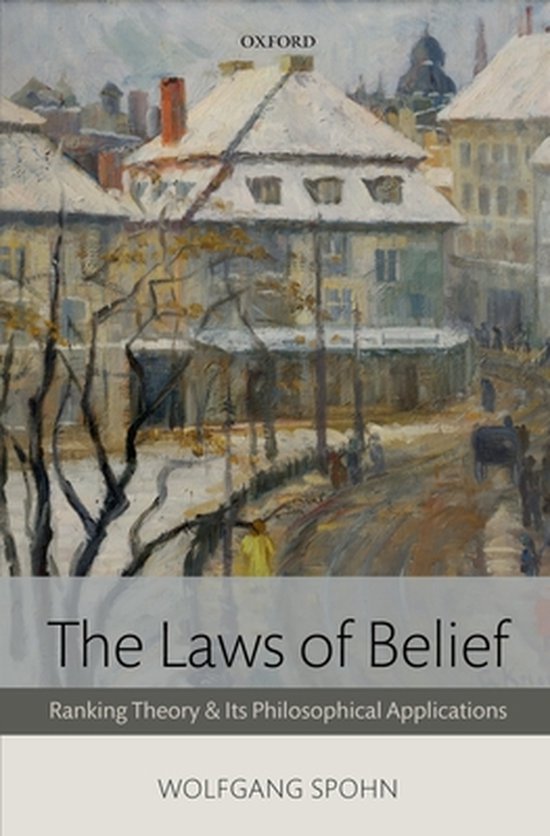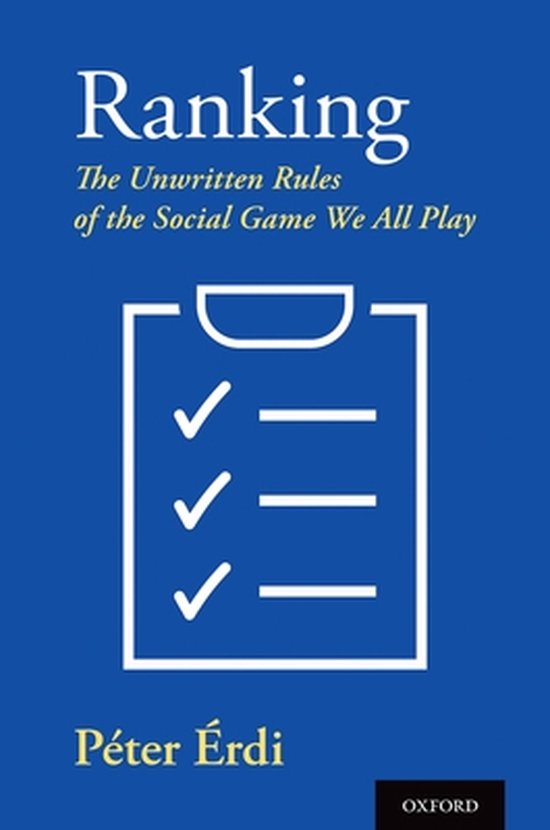
The Laws of Belief
Wolfgang Spohn presents the first full account of the dynamic laws of belief, by means of ranking theory, a relative of probability theory which he has pioneered since the 1980s. He offers novel insights into the nature of laws, the theory of causation, inductive reasoning and its experiential base, and a priori principles of reason.
Wolfgang Spohn presents the first full account of the dynamic laws of belief, by means of ranking theory. This book is his long-awaited presentation of ranking theory and its ramifications. He motivates and introduces the basic notion of a ranking function, which recognises degrees of belief and at the same time accounts for belief simpliciter. He provides a measurement theory for ranking functions, accounts for auto-epistemology in ranking-theoretic terms, and explicates the basic notion of a (deductive or non-deductive) reason. The rich philosophical applications of Spohn's theory include: a new account of lawlikeness, an account of ceteris paribus laws, a new perspective on dispositions, a rich and detailed theory of deterministic causation, an understanding of natural modalities as an objectification of epistemic modalities, an account of the experiential basis of belief--and thus a restructuring of the debate on foundationalism and coherentism (and externalism and contextualism)--and, finally, a revival of fundamental a priori principles of reason fathoming the basics of empiricism and the relation between reason and truth, and concluding in a proof of a weak principle of causality. All this is accompanied by thorough comparative discussions, on a general level as well as within each topic, and in particular with respect to probability theory.
Wolfgang Spohn presents the first full account of the dynamic laws of belief, by means of ranking theory. This book is his long-awaited presentation of ranking theory and its ramifications. He motivates and introduces the basic notion of a ranking function, which recognises degrees of belief and at the same time accounts for belief simpliciter. He provides a measurement theory for ranking functions, accounts for auto-epistemology in ranking-theoretic terms, and explicates the basic notion of a (deductive or non-deductive) reason. The rich philosophical applications of Spohn's theory include: a new account of lawlikeness, an account of ceteris paribus laws, a new perspective on dispositions, a rich and detailed theory of deterministic causation, an understanding of natural modalities as an objectification of epistemic modalities, an account of the experiential basis of belief--and thus a restructuring of the debate on foundationalism and coherentism (and externalism and contextualism)--and, finally, a revival of fundamental a priori principles of reason fathoming the basics of empiricism and the relation between reason and truth, and concluding in a proof of a weak principle of causality. All this is accompanied by thorough comparative discussions, on a general level as well as within each topic, and in particular with respect to probability theory.
| Auteur | | Wolfgang Spohn |
| Taal | | Engels |
| Type | | Hardcover |
| Categorie | | Wetenschap & Natuur |


